View count:
4377
TG1.1: Quantum computing and interdisciplinary applications
I. Coordinator:
goan@phys.ntu.edu.tw
II. Core Members:
Center Scientists
Prof. Hsi-Sheng Goan (NTU-Phys)
Prof. Yuan-Chung Cheng (NTU-Chem)
Prof. Yuan-Chung Cheng (NTU-Chem)
Other Core Members
Prof. Hao-Chung Cheng (NTU-EE)
Prof. Jyh-Pin Chou (NCUE)
Prof. Yao-Hsin Chou (NCNU-CS)
Prof. Jie-Hong Jiang (NTU-EE)
Prof. Jyh-Pin Chou (NCUE)
Prof. Yao-Hsin Chou (NCNU-CS)
Prof. Jie-Hong Jiang (NTU-EE)
Prof. Yufeng Jane Tseng (NTU-CC)
III. Research Themes:
For quantum computing to become a viable technology, the following general significant breakthroughs ought to happen: (1) revolutionary quantum hardware that is scalable and could reach error rates less than 10-3 and circuit depth greater than 10000 gates (2) multiple applications of quantum computing to real-world problems that demonstrate true quantum advantage, and (3) a clear path towards fault-tolerant quantum computation. These challenges are extremely difficult to overcome; however, the stakes are also extremely high.
The following subjects are identified as being important in the next decades:
- High-fidelity and robust control of quantum gates
- Quantum circuit speedup and noise mitigation for noisy intermediate scale quantum (NISQ) devices
- Error-correction codes and fault-tolerant quantum computation
- Quantum machine learning
- Quantum simulation and quantum chemistry
- Quantum finance and optimization problems
IV. Activities:
The activities and events of the Thematic Groups of TG1: Quantum Information and Quantum Computing listed below will be jointly held by TG1.1, TG1.2, and TG1.3..
- Annual Quantum information Science (Summer or Winter) School
- Annual Workshop on Quantum Science and Technology
- Annual Young Researchers Forum on Quantum Information Science
- International Conference/Workshop
- Regular and Special Seminars (broadcast; joint)
- Mini-Workshop
- Short Courses
- …
V. Expected achievements:
Overall, the research fields in this area are rapidly evolving and require cross-disciplinary and interdisciplinary efforts. For example, Applications of quantum computing in finance, new drug design, and biologic and chemical reactions, etc. often require deep domain specific knowledge and thus the collaboration between quantum algorithmic and respective disciplinary experts is essential in order to be able to increase the impact of quantum algorithms and harness the computational potential of the NISQ machines.
The identified research topics in TG1.1 are important for the next decade and cannot afford to be left out. We will hold seminars, discussion meeting, short courses, school and workshop/conference to encourage more and more people to get interested in and get opportunities and channels to learn and investigate the research topic. Through bringing the community forward together to form a critical mass, we believe that Taiwan has the potential to do well with sufficient support in these interesting research areas.


